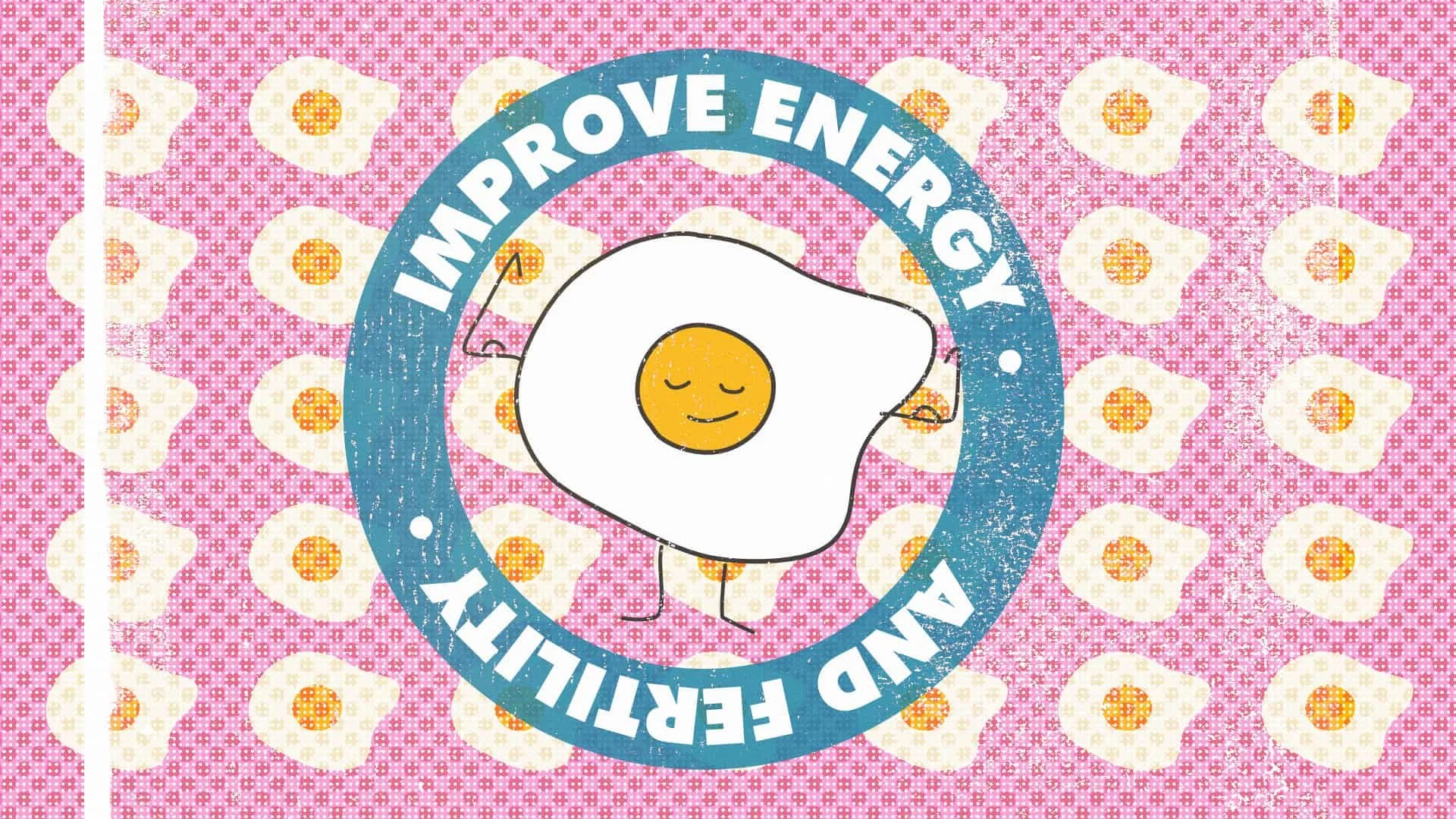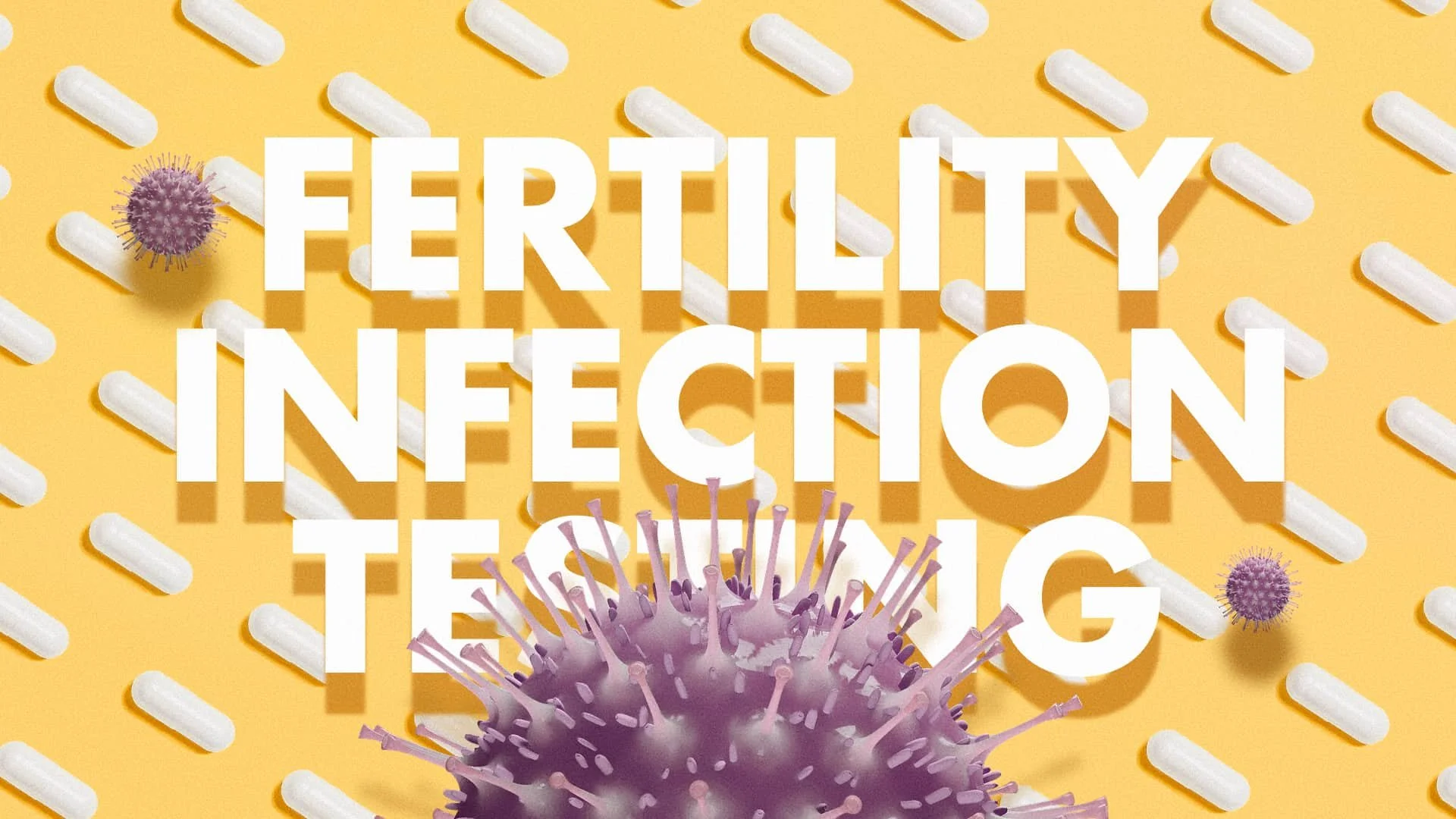UNDERSTANDING INFERTILITY WEIGHT GAIN
WATCH THE VIDEO ↑
Have you put on a few pounds during your fertility journey? Maybe a few more than a few? Let me explain why it's not because of your diet, not because of exercise, and not because of willpower.
In this video you’ll learn.
What you can control
What you can't
Why you can stop beating yourself up and start living your best life — even in the middle of infertility
Be compassionate to yourself!
Nicole
Nicole Lange
LICENSED ACUPUNCTURIST
HOLISTIC FERTILITY EDUCATOR
-
Have you heard of the Fertility 15? It's kind of like the Freshmen 15 only instead of being proceeded by newfound freedom and less healthy but often super fun lifestyle choices, the fertility 15 is caused by anything but fun and is anything but free.
Let's break down why gaining weight during fertility treatments is not your fault, why it's not really about what you're eating or how you're exercising, and why it's, shocking spoiler, is because of hormones. Because of course it is.
Okay, to start we need to look at some things we already know and accept. We know that when a woman goes through peri-menopause she will gain weight. Especially around the belly. Even if we eat better and we start to exercise even more, we hit this part of life and we will gain some weight. Super fun.
Now as frustrating as this is it's actually really smart of our bodies to do this. Fat cells produce estrogen. And if a person is heading into the part of life where their primary source of estrogen — their ovaries — stop making estrogen, increasing estrogen-producing fat cells as a way to make up for some of the deficit is really wise.
Bridging the estrogen deficit is good because it protects us. It prevents bone loss, it plays a role in promoting healthy heart and blood vessels, and so much more.
Of course, we know that too much estrogen can cause other problems, but too little is also not great. So the pattern is pretty well established. Women hit peri-menopause. They start to gain weight which is somewhat health protective and wise.
And up until recently scientists kind of assumed that the weight gain was probably caused by a decrease in estrogen. The problem is when some researchers that were studying bone loss and menopause conducted a study that decreased estrogen and also FSH in mice, the mice actually lost a bunch of weight.
So decreasing estrogen didn't equal weight gain. So there goes that hypothesis.
The scientists then had to go back to the drawing board on the cause of perimenopausal weight gain. Yay for staying curious. Awesome awesome job scientists. Sure, maybe it's 50 years later than it should be but better late than never.
So they said to themselves if the only other thing that we were messing with in that study was FSH and it was being lowered and the weight went down, the logical next thing to look at is what happens when you increase FSH, which does happen in peri-menopause, and see if that has anything to do with weight gain or not.
Quick little side note. Let's stop and talk about what FSH is and does for a second.
So FSH is follicle stimulating hormone and it's made in the pituitary gland and it's the body's way of sending a message to step on the egg-growing ovary-stimulating gas. As women age, yes their estrogen decreases, but at the same time the body tries to step on the gas harder and harder to get the ovaries to keep going as long as possible.
So by the time a person's in peri-menopause FSH has often doubled or even tripled. And by menopause it's up to five times higher than it would be in our reproductive prime years.
So the researchers tried increasing FSH which would be like mimicking perimenopause and menopause. And sure enough those mice gained weight around their micey little middles.
Suddenly, menopausal weight gain and this whole Fertility 15 weight gain makes so much more sense. So let me now explain the fertility weight gain.
In IVF and in some IUIs and other cycles, we actually inject extra FSH into our bodies. It's the Follistim, the Gonal-F, the Menopur. There's all sorts of medications with FSH and that's the part of the protocol that increases this.
In fact, a little bit gross but true, Menopur is menopausal urine that's been purified. It's all coming full circle.
Now you might be saying, "Okay Nicole, this makes sense for IVF and injectable med cycles. But I'm gaining weight and I'm not injecting FSH medication. So what do you have to say about that?"
I say it still makes total sense because even if you're using oral medications like Clomid or Letrozole, which is also called Femara, what we're doing is essentially tricking the body into releasing as much FSH as it can possibly make on its own. So we're not injecting it but we're definitely still increasing it.
And if the body has evolved to think increasing levels of FSH means your ovaries are about to shut down, even when that's totally not the case, it's still going to act like you're going into menopause and start to gain weight to prepare for that.
So now you know it's not because you're failing, it's not because you've been forced to decrease or even stop exercising, and it's not really about food. You're likely gaining most of your Fertility 15 because fertility treatments up your FSH and temporarily confuse the heck out of your body.
Emphasis here is on temporarily. Remember, what you're doing is totally a means to an end and you are making all sorts of huge tradeoffs and sacrifices. Including these body changes. This is what makes whole-you science-based self care all the more helpful.
So be kind, use lots of self-compassion, and try to channel your energy that you could be putting into agonizing about gaining weight into cultivating some balance and health instead. It's what you can actually control here and it'll put you in the best place to move forward and feel good when your FSH goes back to normal and life starts moving forward which it will. I promise. It will not always be like this. And I hope this video helps you in the meantime.
Thanks for watching. Please subscribe to this channel. Share it with a fertility friend who might want to understand this topic too. Check out my fabulous fertility freebies and the full Baby You Want 90-day fertility program. It's all at thebabyyouwant.com and I'll see you again soon.







Let’s talk about IgG tests and better alternatives..